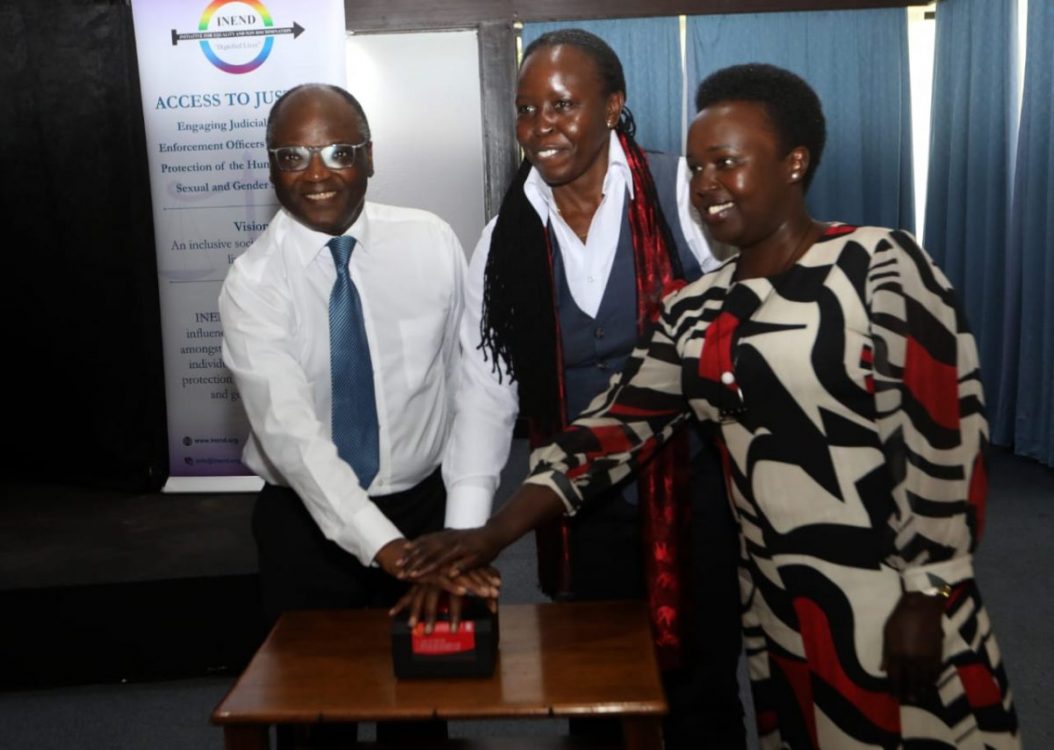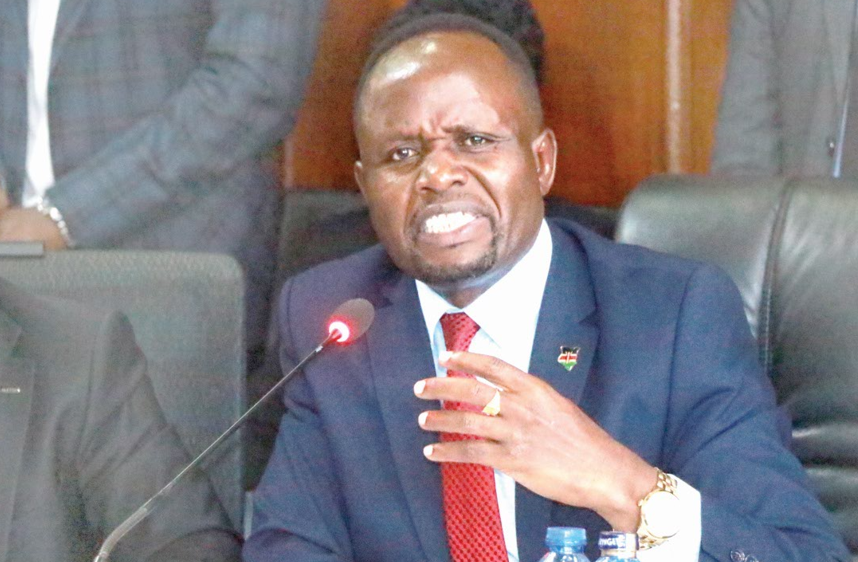New bench book launched to guide judges on LGBTIQ, human rights matters

Initiative for Equality and Non-Discrimination (INEND) has launched a bench book that will be used by judges and magistrates as a legal resource guide to implement LGBTIQ and human rights matters within the judicial system.
Kenya Magistrate and Judges Association (KMJA) Public Secretary and High Court Judge Edward Muriithi has said that the bench book on minority rights will be part of the judges’ and magistrates’ first steps towards understanding the nature of the groups’ rights in terms of developing, promoting and protecting the minority groups in accordance with the judicial mandate.
“By allowing the systems of justice to ensure that we all grow and flourish each other in our different ways, the launch of the bench book is an eye opener. Let there be no unconstitutional discrimination since Article 20 (3) of the constitution mandates the court to develop the law on the rights with an interdict,” he said.
Justice Muriithi also called on judicial officers to enforce minority rights.
“When court proceedings for the enforcement of the minority rights come, judges should approach the issues with an open mind,” he stated.
He further noted that the reality of the existence of the LGBTIQ community must warrant the collective concern to ensure that they also enjoy human dignity, rights and freedoms.
Muriithi was addressing various stakeholders during the launch of the bench book at a Mombasa hotel where he noted that there was an urgent need for mature-centred leadership in policy making, law reforms and judicial adjudication of claims to the rights and related freedom and protection.
“We should not fear to look beyond the horizon of our limited traditional orthodoxy in legal provisions and training. We must engage in continuous critical thinking even on difficult subjects of ethics of life,” he noted.
On her part, INEND Executive Director Esther Adhiambo affirmed that the bench book was a reliable and dependable medium of education for judicial officers.
“To make any gains, we have to educate people as a continuous undertaking. Surprisingly, many decades after independence, we still have to educate each other on how to embrace diversity, how to live, how to end discrimination and more importantly how to read and interpret the Bill of Rights so that we understand once and for all that we are all equal before the law and before God,” she said.
She lamented that Kenya was among some of the countries in Africa where an LGBTIQ+ person is unlikely to find a fair hearing.
Adhiambo also noted that over 135 judicial officers had undergone training on ways of implementing LGBTIQ and human rights across the country.










